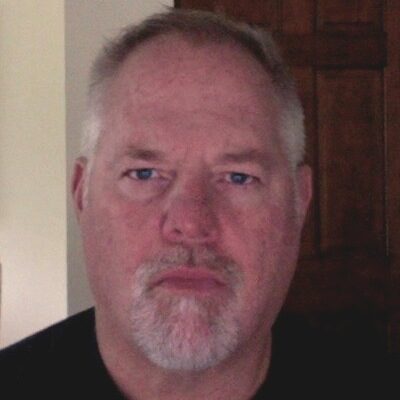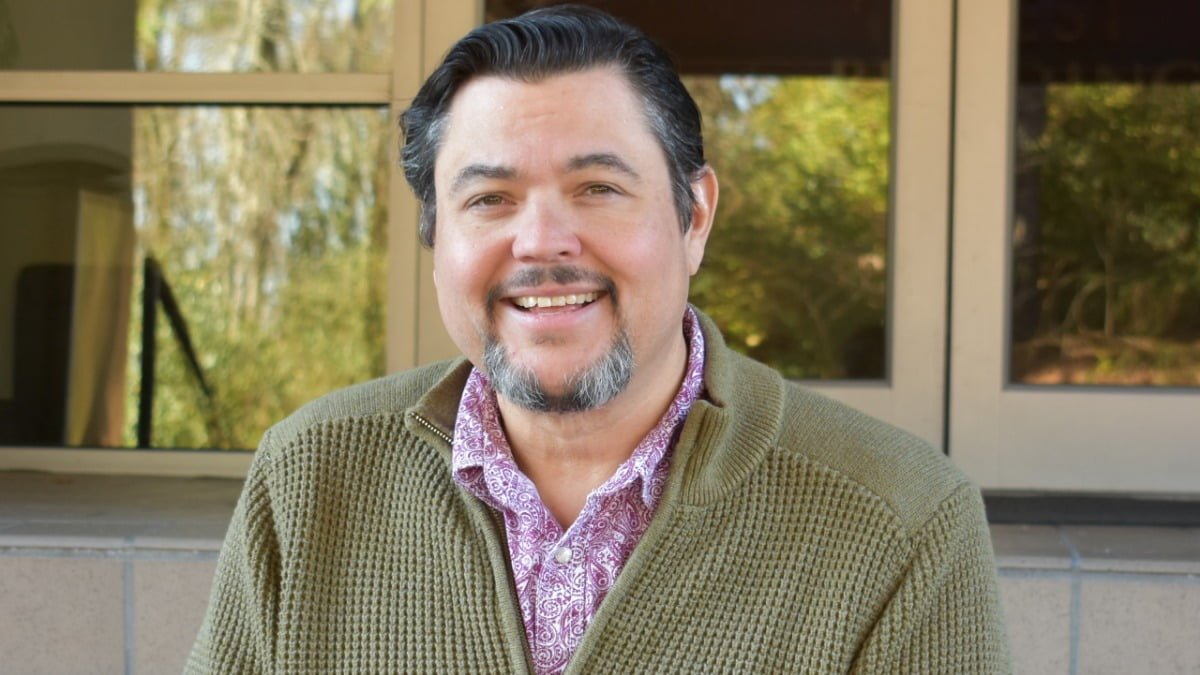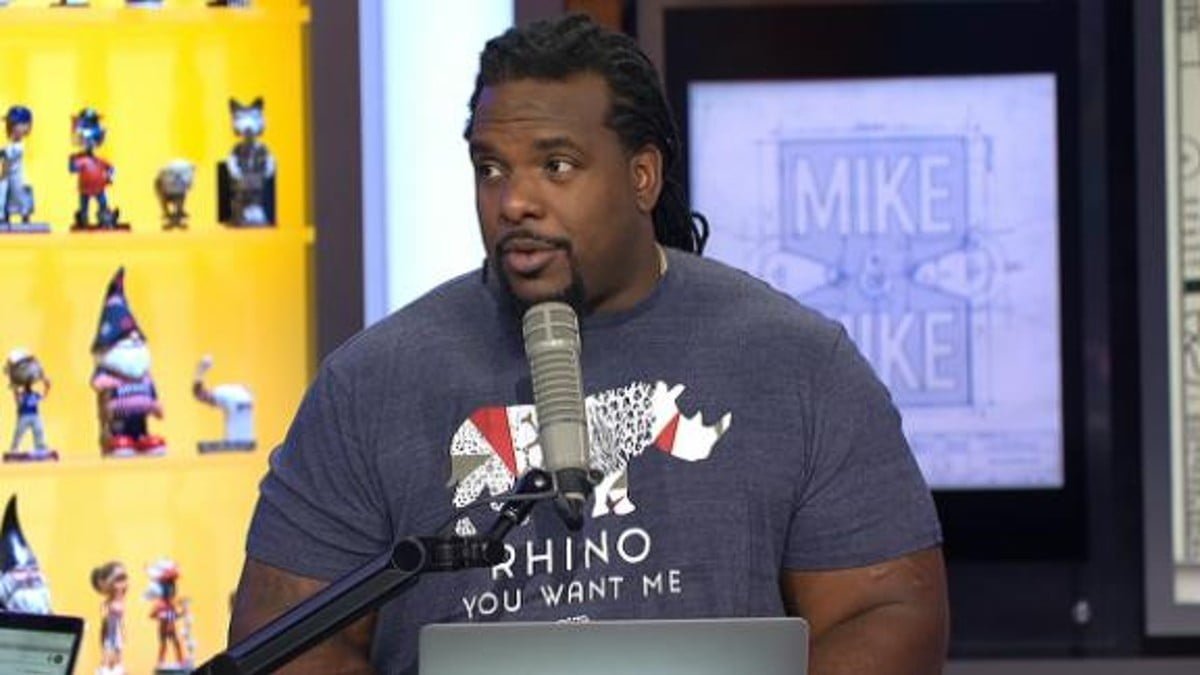One way of learning whether your kid can swim is by tossing them into the swimming pool. Two things could happen, but we’ll root for the more optimistic outcomes. Matt Murphy, of The Matt Murphy Show, 12-3 weekdays on WTN Supertalk 99.7 in Nashville, said in effect, that’s how he made his radio debut.
“When I was 15 years old, I was hired at a radio station and told to come in at 6:00 the next morning, and I showed up at 5:45,” Murphy said. “After I got there, I was told I was going to do the 6:30 news. He told me he’d trained a lot of kids and the best way to learn was just to throw me in and let me do it.”
The jarring training took place at WTHO, a 1,000-watt, all-service station. Murphy delivered the news at the top and bottom of the hour, reading the obituaries. The GM who threw him in the figurative pool eventually bought the station. He was also the engineer and essentially everything else. Murphy said it was a great environment to learn about the radio business.
Oh, and there was another early-learned lesson.
“I stumbled through the first newscast. The GM’s office was just off the studio,” Murphy explained. “I forgot the microphone was still on and I said aloud, ‘That was a big piece of shit.’ Fortunately, I was far enough from the microphone when I said it. Taught me the rest of my career to assume the microphone was always hot.”
Murphy said his family grew up poor. The fact his father left the family amid turmoil didn’t help matters.
“My mother had been diagnosed with a malignant tumor, and he just couldn’t handle it. My dad and I repaired our relationship years later. He told me he was selfish and couldn’t handle raising a child and my mother’s illness. His answer was to just run from responsibility. I couldn’t understand how you could do that to your kids. But I learned if you have faith when one door slams shut, a window opens.”
Murphy explained if his father hadn’t left, he never would have developed a special and lasting relationship with his maternal grandfather, among other things. Murphy said his grandfather helped him understand the fundamentals of hard work and dedication.
“Were it not for that, I wouldn’t have had many of the incredible experiences that came my way. It was a matter of wanting to achieve something more. Attacking the unknown.”
His father made a career in the radio business, mostly a jock known as Lee Riley throughout most of his career. He worked in a lot of cities throughout the south.
“My father was working at WDEN in Macon, Georgia when I was 12 years old,” Murphy said. “He was doing afternoons as Dr. Lee Riley, that whole doctor shtick. Like ‘Dr. Riley will cure all your rhythm and blues’ kind of stuff.
I helped him pick out the records. He taught me from the beginning that when the red light was on I had to be quiet.”
This prompted Murphy to imagine what other people were doing when they heard his father on the radio. “I figured everyone else stood still and stopped what they were doing when they listened to my father like I had to in the station.”
Such was the thinking of a 12-year-old. Murphy recognized the power a jock and host would hold on an audience. That was enough impetus for Murphy. “When I was 15 years old, I applied for a job at my father’s old station. I was hired by the same guy that fired my dad. I didn’t think there was a chance of that happening.”
At the University of West Georgia, Murphy worked at the campus radio station while studying theater.
“I wanted to be a star,” Murphys said. “I was good, but not great. I think I made a mature decision at 20 when I realized it wasn’t going to be my future. I had a lot of friends who went to New York, Boston, Los Angeles, only to fail as an actor. I wanted to be Philip Seymour Hoffman or Tom Cruise. I realized I wasn’t as good-looking as Cruise, and not talented enough to be Seymour Hoffman.”
Murphy said more than anything else, his experiences onstage made him realize he was better at radio than performing in theater.
“Both are presenting to an audience,” Murphy said. “The major difference is on the air you’re playing yourself. I’ve always looked at radio in that way. An audience can sense when you’re not being authentic both on-air and onstage.”
Murphy said there was a seismic shift in radio and the tone of his shows after the 2016 election. “I’m not saying it was positive or negative, just a change for us in talk radio,” Murphy said. “My show took on a new responsibility. It’s become super-charged with politics. With January 6th, we as hosts had a lot of responsibility dropped in our laps. It was and is a minefield that’s difficult to handle and I think most hosts dealt with it admirably. Some went off the deep end. Lawlessness and violence in any form is never acceptable.”
Murphy said Donald Trump was simultaneously a blessing and a curse in the industry. I’m not taking away anything from his politics or policies when I say that. But you had to address him. He drew more attention to our medium than Rush Limbaugh.
Murphy explained how listening to radio veteran radio host Neal Boortz helped him develop viewpoints on how people think. Like Friedman, Murphy is a libertarian, more of the government should be hands-off kind of guy.
Murphy, who has been a fixture in Alabama radio, both Montgomery and Birmingham, since 1999, filled a void left behind by the late Phil Valentine. The longtime host died because of complications from COVID-19 earlier this year. Valentine was loved in Tennessee. It’s not easy for any host to try and fill that void.
“The circumstances of how I took over were tragic,” Murphy explained. “I was and am cognizant of that, and I want to be respectful. He was known as Uncle Phil. I took the show over in December of last year. People have been gracious in allowing me to do that. There have been some bumps in the road, people telling me I should get myself back to Birmingham, but that is understandable.”
In recent years, Murphy said the political climate has taken its toll on both listeners and hosts. “We’re all tired,” he said. “It’s an exhausting industry. Our genre snips out fake people quickly. It’s not wise to create a personality or lean on hooks. But some hosts are better than others. Mark Levin is one of the most successful in the business, and he has his own way of doing things. If you try to emulate, that it’s a recipe for disaster.”
When he left Birmingham, Murphy realized how much 20 years of experience in one geographic area can carry you. When he moved to Nashville, he had to get a new Rolodex.
“In Alabama, when I wanted to talk to a senator or congressman, I only had to text them and ask if they could come on,” Murphy explained. “Now it’s a lot of new relationships and that can be a tough hill to climb. We drive conversations forward. We’re like an electronic town square. We take the temperature of the people, see where they are. You want to feel you’ve made a difference in people’s lives. People tend to focus on the negative, but my first goal is to see if I’ve made an impact on the community.”

Jim Cryns writes features for Barrett News Media. He has spent time in radio as a reporter for WTMJ, and has served as an author and former writer for the Milwaukee Brewers. To touch base or pick up a copy of his new book: Talk To Me – Profiles on News Talkers and Media Leaders From Top 50 Markets, log on to Amazon or shoot Jim an email at jimcryns3_zhd@indeedemail.com.








